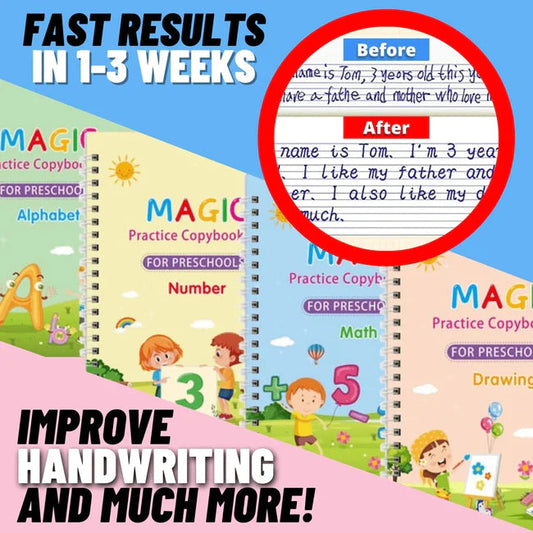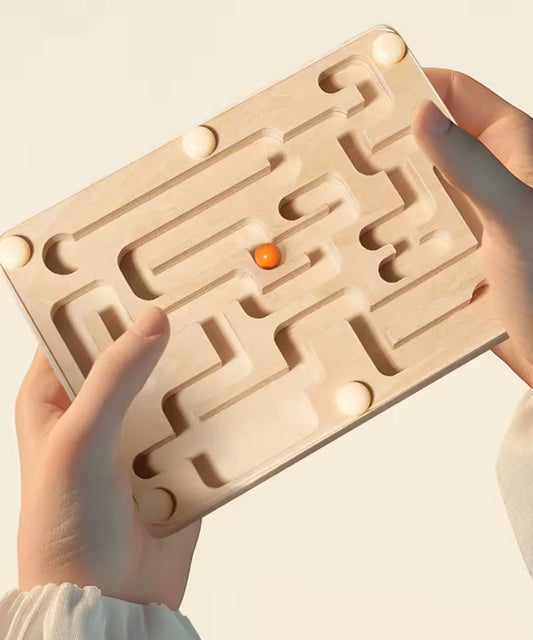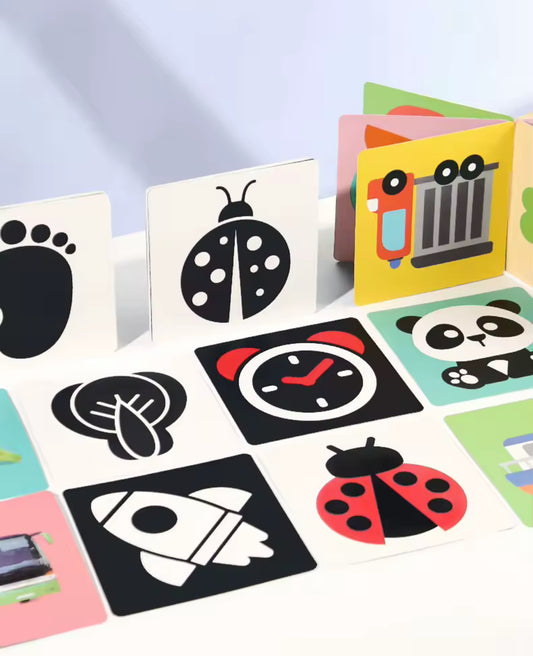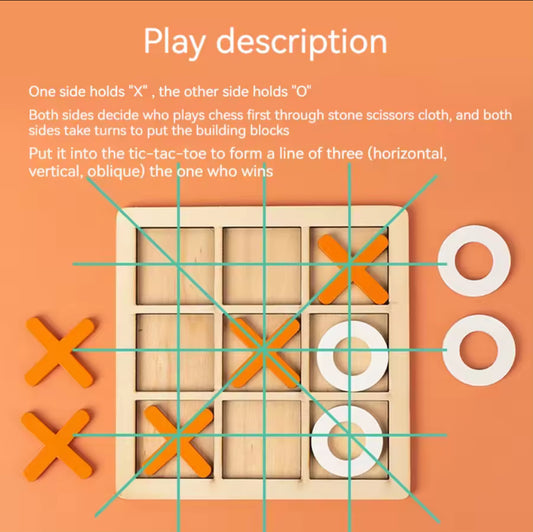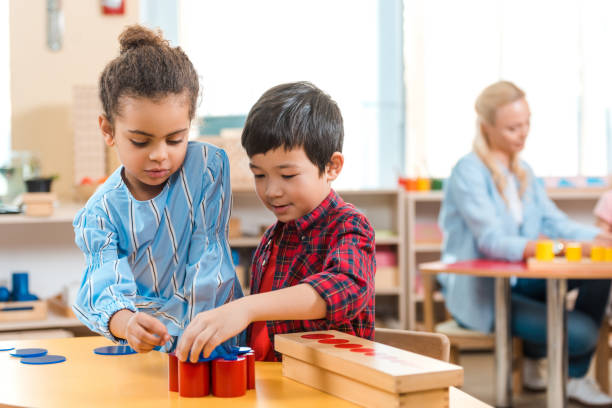
Building Bright Futures: Key Steps in Preschoolers' Educational Development
Share
Preschool age is one the most critical times for a child’s overall development. Between ages 3 and 5 children experience rapid cognitive, social, physical and emotional growth. Education during this time plays a very important role in fostering these milestones, while providing a strong foundation for a life of learning. Let us take a closer look at the key areas of child educational development during these years and how we as parents and educators can support this phase.
Cognitive Development: The Building Blocks of Learning
The phrase ‘cognitive development’ refers to the development of a child’s ability to reason, think, problem solve as well as understand the world around them. As they are naturally curious, preschoolers are seeking to constantly explore and make sense of their surroundings. During this phase their brains form new connections that help them discover basic knowledge in areas such as language, math and science. By engaging children in activities that stimulate their cognitive activities, educators support their cognitive development enabling them to explore new activities, concepts, questions and experiment. By doing this they develop thinking skills and an early understanding of cause and effect relationships.
Language and Communication Development: Building Literacy Skills
Language is a developmental cornerstone of early education. Preschool is the perfect time for children to expand their vocabulary, learn to form sentences and begin understanding basic concepts such as rules of communication. By regularly engaging in conversations or reading books they build foundations for effective early communication. Essential for parents and educators is to model language skills at this age. By reading aloud or encouraging them to tell stories, or describe their experiences they are contributing to strengthening language abilities.
Social and Emotional Development: Learning to Navigate Relationships
Just as important as cognitive and academic skills is children’s social and emotional development. As they are beginning to understand and regulate their emotions while also learning how to interact with each other, children at this stage start forming friendships, practice empathy and understand concepts like cooperation, sharing and conflict resolution. Preeschools offer a structured environment where children can develop these crucial social skills. By engaging in role playing games or collaborative activities children learn to take turns, communicate their needs and show empathy for others. These experiences are groundwork for future healthy relationships and emotional intelligence.
Motor Skills Development: Fine and Gross Motor Skills
As children’s motor skills develop so does their overall physical development. Children’s motor skills are critical for their overall well being and success in school. In preschool children develop fine motor skills through activities like cutting with scissors, drawing or manipulating small objects. Gross motor skills however are honed through outdoor play, dancing, jumping rope or engaging in games that require coordination. These activities not only help children stay active but also enhance their ability to follow instructions, concentrate and develop independence.
Creativity and Imagination: Fostering Innovation
Their vibrant imaginations naturally draw children to creative play. That is why it is important to engage them with creative activities as it encourages their problem solving skills, their self expression skills and their ability to think outside the box. Preschool educators often provide opportunities for imaginative play by creating learning environments that encourage art, music, and dramatic play. Supporting creativity in preschool lays the foundation for future problem solving skills and helps children develop confidence in their abilities to express themselves.
Laying the Groundwork for Future Success
Preschool years are a crucial time for a child’s educational development. The needed cognitive, social, emotional, physical and creative growth during this stage lays a foundation for a future full of learning. When in the right environment, preschoolers develop the skills they need to thrive in school and beyond. Whether its building problem solving skills or improving their language and communication, or their social social and emotional intelligence, preschool education equips children with the right tools to succeed.


